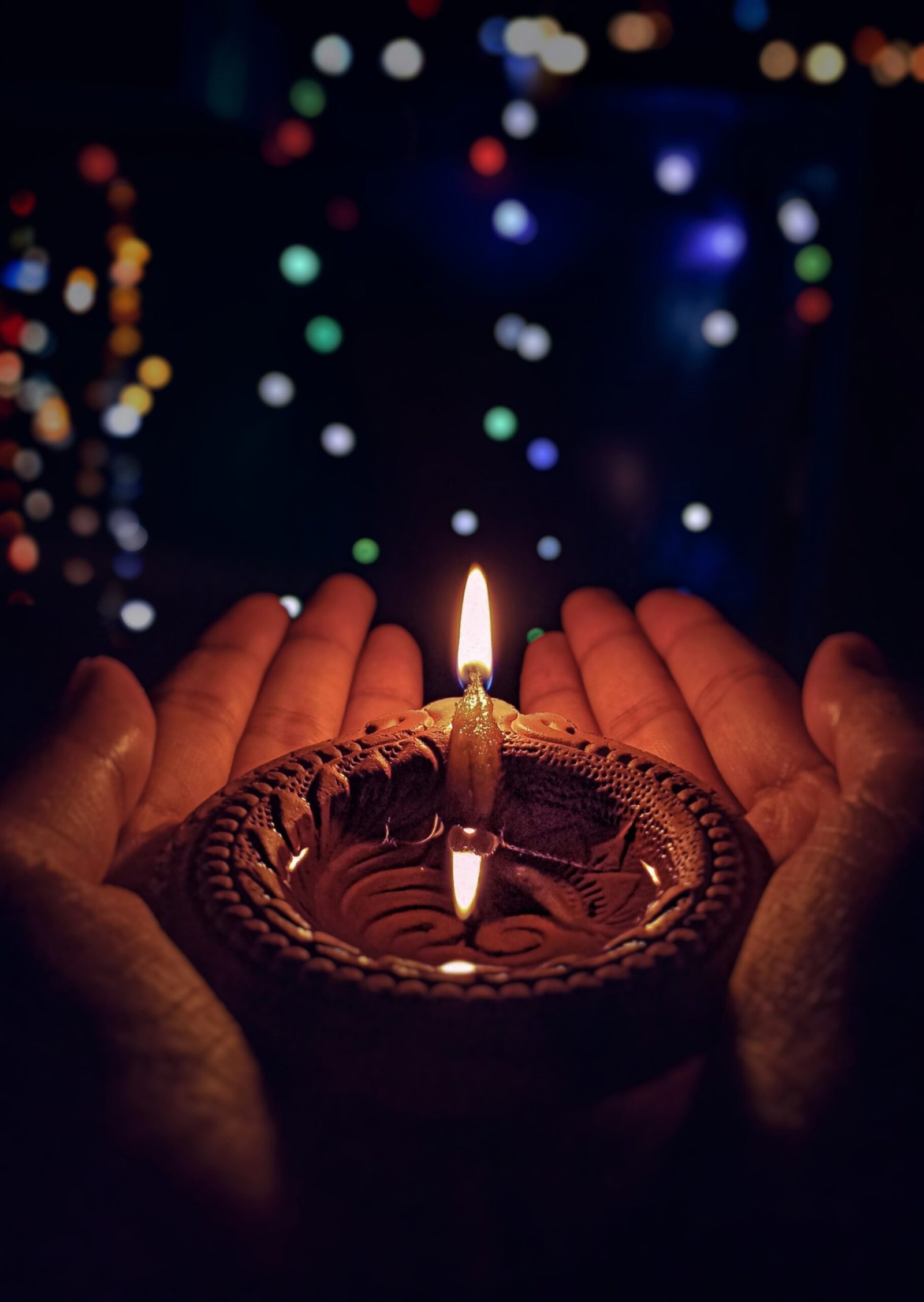Diwali, also known as the Festival of Lights, holds great cultural and religious significance in India. It is a time of celebration, joy, and the triumph of light over darkness. This year, the festival has taken on an additional significance with the announcement of a “New Diwali” in Ayodhya by Prime Minister Narendra Modi.
Ayodhya, a city in the northern state of Uttar Pradesh, holds immense religious importance for Hindus. It is believed to be the birthplace of Lord Rama, a revered figure in Hindu mythology. The city has been at the center of a long-standing dispute over the Ram Janmabhoomi-Babri Masjid site, where a mosque stood until it was demolished in 1992. The dispute has been a contentious issue in Indian politics for decades.
With the recent Supreme Court verdict in November 2019, the long-standing dispute was finally put to rest. The court ruled in favor of the construction of a Ram temple at the disputed site, while also allocating an alternate plot of land for the construction of a mosque. This landmark decision paved the way for the historic “Bhoomi Pujan” ceremony, which marked the beginning of the construction of the Ram temple in Ayodhya.
Prime Minister Narendra Modi, along with other prominent political and religious leaders, attended the Bhoomi Pujan ceremony on August 5, 2020. The event was a significant moment not only for the Hindu community but also for the entire nation. It symbolized the culmination of a decades-long struggle and the fulfillment of a promise made by the ruling Bharatiya Janata Party (BJP) to its supporters.
The announcement of a “New Diwali” in Ayodhya by Prime Minister Modi adds another layer of significance to the festival. It signifies a new beginning, not just for Ayodhya but also for the country as a whole. The construction of the Ram temple is seen as a symbol of India’s cultural and religious identity, and the New Diwali celebration is an opportunity to showcase this unity and pride.
However, it is important to remember that Indian politics encompasses more than just the BJP’s Ram. While the construction of the Ram temple has been a major focus for the BJP and its supporters, it is crucial to recognize the diverse religious and cultural fabric of India. India is a country with a rich history and a multitude of religions, languages, and traditions. The celebration of Diwali, in its true essence, is about spreading light, love, and harmony among all communities.
The New Diwali celebration in Ayodhya should be seen as an opportunity for unity and inclusivity. It is a time to come together as a nation and celebrate the diversity that defines India. While the construction of the Ram temple holds immense significance for the Hindu community, it is equally important to respect and acknowledge the beliefs and traditions of other religious communities.
Indian politics, like any other political landscape, is complex and multifaceted. It is shaped by a variety of factors, including social, economic, and cultural dynamics. While the New Diwali celebration in Ayodhya has a political undertone, it should not overshadow the larger issues and challenges that the country faces.
As we celebrate the New Diwali in Ayodhya, let us also reflect on the values that Diwali represents – the triumph of good over evil, light over darkness, and unity over division. Let us use this occasion to foster harmony, understanding, and respect among all communities. May this New Diwali bring prosperity, peace, and happiness to every corner of our great nation.

